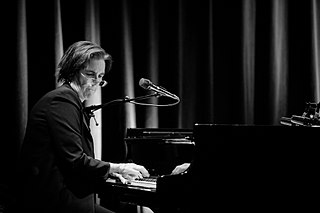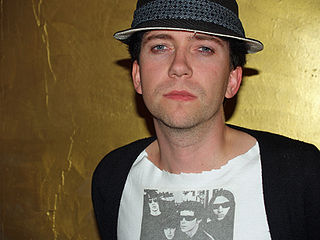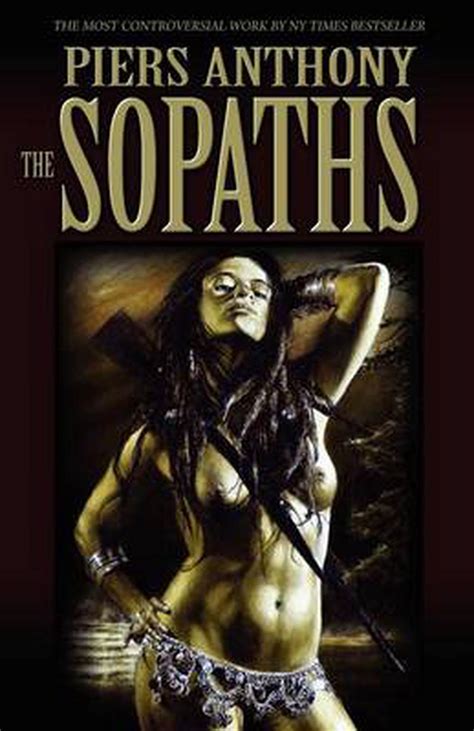A Quote by Jean-Luc Godard
If we think today the way TV is ordering us to think, we think of Einstein as someone modern. Stravinsky is modern music, but it came at the time of Birth of a Nation, which is an old movie.
Related Quotes
Music is neither old nor modern: it is either good or bad music, and the date at which it was written has no significance whatever. Dates and periods are of interest only to the student of musical history. . . . All old music was modern once, and much more of the music of yesterday already sounds more old-fashioned than works which were written three centuries ago. All good music, whatever its date, is ageless - as alive and significant today as it was when it was written
I think I started to come into my own when I started doing more original material, and that, I think, culminated in 1998's Modern Cool. I insisted on going my own way. I think until you're more prolific, people don't trust that. So at first I think it was harder. They didn't know what to think, but as I continued along that path, they generally came my way.
In a way it was a modern story but it played to all those 1980 slasher movies. We did the same thing with this. Patrick wanted to do a 1970's road movie and if you'll see, this is a modern story but it's got so much 1970's in your face feel to it. So that was the point, to take that stuff that we loved growing up and sort of do it for today. I think we accomplished it. We'll see.
It is often said that in today's modern and postmodern world that the forces of darkness are upon us. But I think not; in the Dark and the Deep there are truths that can always heal. It is not the forces of darkness but of shallowness that everywhere threaten the true, and the good, and the beautiful, and that ironically announce themselves as deep and profound. It is an exuberant and fearess shallowness that everywhere is the modern danger, the modern threat, and that everywhere nonetheless calls to us as savior.
I don't really care about labels that much. I wouldn't really call our music retro. There are influences of things from the past, which there is in everything. I think we're quite a modern band, actually. We don't record with old equipment. We use computers and programmed drums. We don't use any guitar amplifiers. We're very much a modern band in the sense that we love computers and what they can do to music. I guess we're just good at a different sound.
While much of modern behavioral and social science treats individuals as autonomous agents, it is absolutely clear that the way we think and act is enormously influenced by the culture in which we live. It also is clear that the major elements of modern culture-science, technology, law, music, and religion-have evolved over time in a quite concrete sense of the term. Mesoudi makes these arguments very well and his book is a very good read.
I think I'm really part of a whole generational movement in a way. I think a lot of other people since and during this time have gotten interested in writing what we can still call experimental music. It's not commercial music. And it's really a concert music, but a concert music for our time. And wanting to find the audience, because we've discovered the audience is really there. Those became really clear with Einstein on the Beach.





































